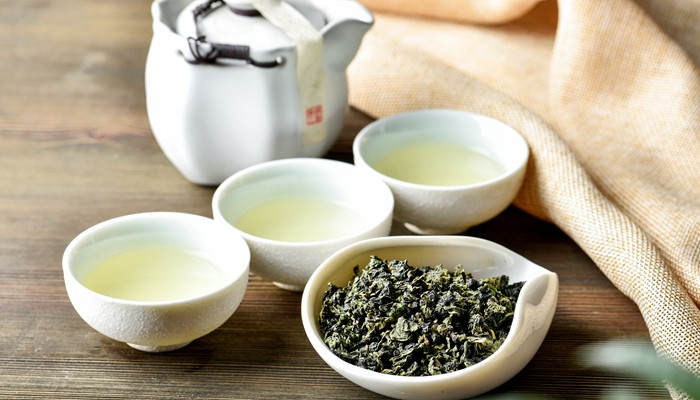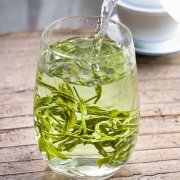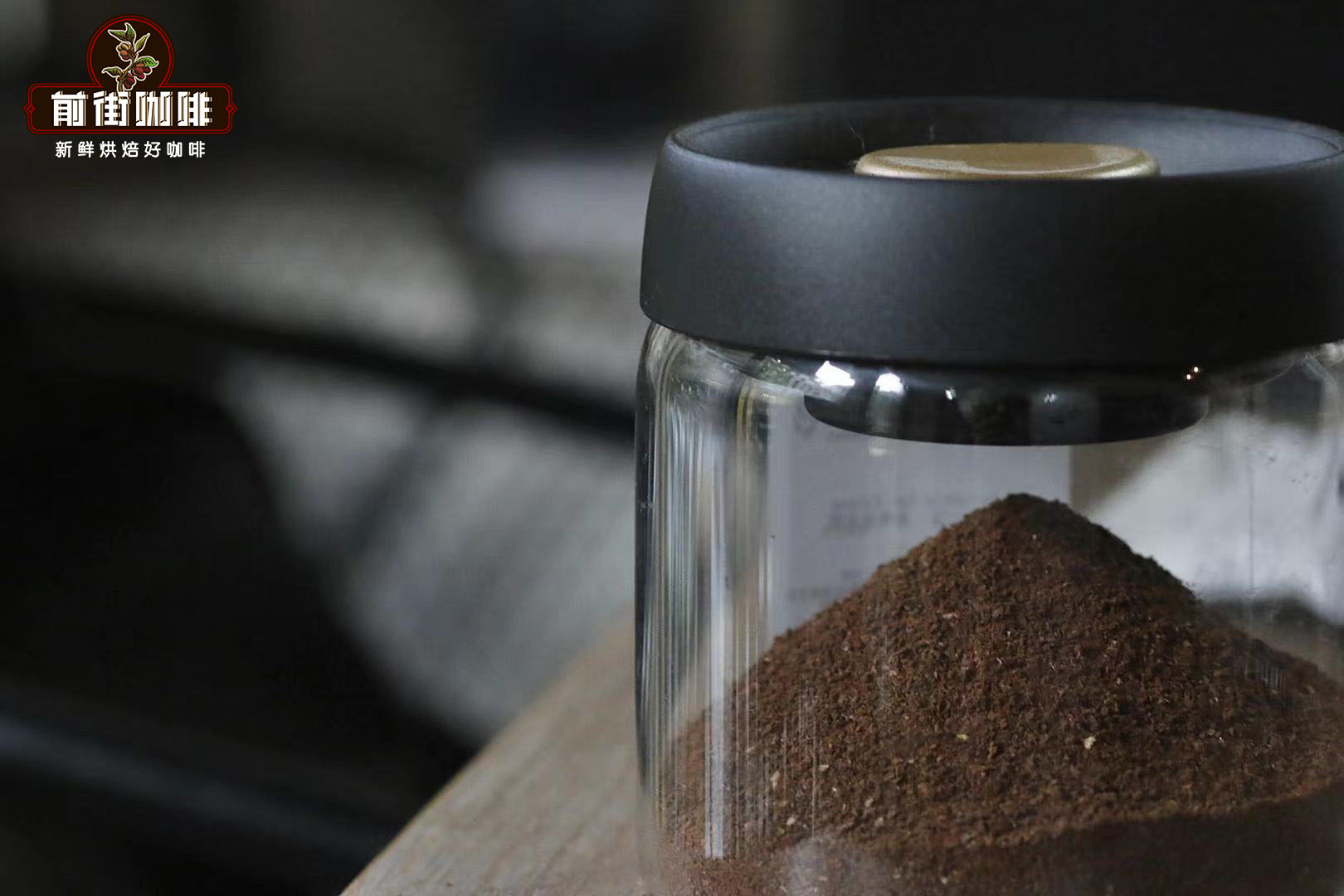What are the effects and functions of drinking top ten famous teas? what kind of tea do women with heavy cold and damp body drink?
We all know what it feels like to be stressed: our heart beats faster, our breathing speeds up, our muscles become tense, and we may start to sweat. All of this is the way our bodies prepare to fight or escape from danger, triggered by cortisol and other stress hormones released in the brain.
Unfortunately, our bodies also respond to perceived threats in this way, and we can neither directly confront nor escape. This natural physiological response is originally a stopgap measure, but it can become chronic or severe with work stress, family stress, or frustrating traffic jams.
Studies on the effects of stress or long-term stress have shown that over time, it can have serious health consequences for many parts of the body. Long-term stress is associated with emotional disorders such as anxiety and depression and has been shown to lead to a decline in brain quality over time. It has also been shown to affect vascular and immune function, leading to high blood pressure, increased risk and other physical diseases.
Although the amount of caffeine in tea is stimulating, it is generally believed that tea is a calming drink that helps relieve stress. Although this effect has been studied, not all the results are decisive. A study comparing tea drinkers with non-tea drinkers in South Korea shows that tea drinkers generally maintain better cognitive abilities and are less likely to suffer from depression-but it is not clear whether this has anything to do with tea itself. Other lifestyle factors, including the habit of making tea regularly, may also affect the outcome.
But other more controlled studies have shown that tea drinking is indeed associated with increased relaxation during the recovery period after stressful events. After a four-week standardized trial with a caffeinated placebo, a group of random adult men who drank tea for six weeks had faster thrombocytopenia and lower cortisol than those in the placebo group after completing a stressful task.

These effects are usually attributed to tea's unique combination of caffeine, l-theanine and tea polyphenols (EGCG). Despite historical rumors that tea is the first choice for relaxation and concentration, science has now confirmed the reality behind these effects. L-theanine has been shown to lower cortisol levels and increase alpha-wave activity in the brain, suggesting that it can reduce stress responses and increase attention. Catechin (EGCG) is one of the best studied antioxidants in tea, and it is also associated with reducing stress levels.
Although high levels of caffeine can increase stress and anxiety, it is believed that neither l-theanine nor EGCG would have the same effect if caffeine was not bound to tea. Because a cup of tea contains much less caffeine than a cup of coffee, tea drinkers usually do not eat enough caffeine to aggravate stress symptoms.
Tea contains l-theanine, EGCG and caffeine.
Like most of the beneficial effects of tea, the effect of regular tea drinking on stress levels is best observed as a cumulative effect. There is little scientific evidence for the claim that tea relieves pain immediately in stressful situations, although many people have experienced it and feel comforted when they put their hands on a warm cup. On the contrary, over time, the role of tea helps our bodies build resistance to chronic stress problems, slowly improving our own ability to respond and recover from stressful situations.
Do you find that tea can help you better manage stress?
Important Notice :
前街咖啡 FrontStreet Coffee has moved to new addredd:
FrontStreet Coffee Address: 315,Donghua East Road,GuangZhou
Tel:020 38364473
- Prev

How to deal with the aroma of black tea? how to ferment and produce floral aroma? several methods of extracting fragrance from tea.
We often discuss the importance of harvest date in determining the quality of tea, with emphasis on spring harvest, especially lightly oxidized tea. In fact, the impact of the harvest date is inseparable from another quality signal that is easier to see in finished tea: picking standards. Tea harvested in spring is very precious, especially green and white tea, because they include the most tender leaf buds and the middle of the year.
- Next

Coffee novice basic knowledge: fresh roast coffee beans freshly ground coffee powder how to preserve?
Recently, a small partner asked Qianjie: Why do coffee beans grind into powder after sticking the pores, so that the carbon dioxide in the package can not be discharged? The significance of the vent on the coffee packaging The front street seals the coffee beans immediately after roasting and cooling, which minimizes the loss of flavor from the coffee beans. But freshly roasted coffee beans produce a lot of
Related
- Beginners will see the "Coffee pull flower" guide!
- What is the difference between ice blog purified milk and ordinary milk coffee?
- Why is the Philippines the largest producer of crops in Liberia?
- For coffee extraction, should the fine powder be retained?
- How does extracted espresso fill pressed powder? How much strength does it take to press the powder?
- How to make jasmine cold extract coffee? Is the jasmine + latte good?
- Will this little toy really make the coffee taste better? How does Lily Drip affect coffee extraction?
- Will the action of slapping the filter cup also affect coffee extraction?
- What's the difference between powder-to-water ratio and powder-to-liquid ratio?
- What is the Ethiopian local species? What does it have to do with Heirloom native species?

